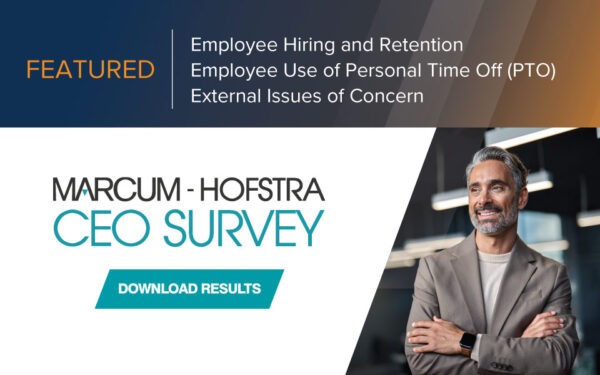SEC Staff Issues Accounting Guidance on “Spring-Loaded” Compensation Awards to Executives
SEC issues guidance for public companies to consider when entering into share-based compensation arrangements while in possession of material nonpublic information, commonly referred to as being "spring-loaded."
By Nina Quarequio, Partner, Assurance Services
In November 2021, the SEC issued Staff Accounting Bulletin No. 120 (SAB 120) which provides interpretive guidance on accounting for share-based payment awards under FASB ASC (Topic 718) when the issuer has knowledge of material nonpublic information (spring-loaded awards). Material nonpublic information, such as an earnings release with better-than-expected results or the disclosure of a significant transaction, can impact the grant date fair value of spring-loaded, share-based payment awards.
The SEC staff believes that as companies measure compensation paid to executives, they must consider the impact of material nonpublic information. SEC Chair Gary Gensler said, “It is important that companies’ accounting and disclosures reflect the economics and terms of these compensation arrangements.” In addition, the SEC staff noted that non-routine spring-loaded grants merit particular scrutiny.
SAB 120 is intended to provide additional guidance for estimating the fair value of share-based payment transactions in accordance with Topic 718. This helps to determine the current price of the underlying share and the expected volatility of the price of the underlying share when the company is in possession of material positive non-public information.
When companies possess positive material non-public information, the SEC staff believes company leaders should assess the appropriateness of their share-based payment transactions by considering the current fair value price of the underlying share and the expected volatility of the price of the underlying share. The staff reminds companies of their corporate governance and disclosure obligations under U.S. generally accepted accounting principles (U.S. GAAP) with respect to share-based payment transactions, as well as the need to maintain effective internal control over financial reporting.
SAB 120 rescinds and conforms portions of the interpretive guidance to be consistent with the latest U.S. GAAP. Specifically, SAB 120 brings existing guidance into conformity with Topic 718 by amending SAB Topics 5 and 14 and rescinding Topic 14A.
When determining any adjustments and disclosing relevant information, consider the following:
Observable Market Price
Companies should carefully consider whether an adjustment to the observable market price is required when share-based payment arrangements are made during or shortly before a planned release of material positive non-public information.
Volatility
Leaders should carefully consider whether material positive non-public information is currently available (or would be available) to the issuer that would impact a marketplace participant’s estimate of volatility. For example, the specific facts and circumstances of a material transaction may lead a company to conclude that the impact of this event should be included in estimating the expected volatility when determining the grant-date fair value of those equity instruments.
Disclosures
A company should disclose (in a footnote to its financial statements) how it determined the current price of shares underlying share options for the purpose of determining the grant-date fair value of the share options. The Staff expects a company to disclose its accounting policy, including how it identifies when an adjustment to the closing price is required, how it determines the amount of the adjustment to the closing share price, and any significant assumptions it uses to determine such adjustment, if material. Further, the characteristics of the share options, including their spring-loaded nature, may differ from a company’s other share-based payment arrangements to such an extent that the company should disclose information about these share options separately from other share-based payment arrangements. Doing so allows investors to understand a company’s use of share-based compensation.
A company should also consider the applicability of Management’s Discussion & Analysis (MD&A) and other disclosure requirements, including those related to critical accounting estimates such as consideration of future events in estimating expected volatility, resulted in an estimate that involves a significant level of uncertainty and has had or is reasonably likely to have a material impact on the financial condition or results of operations of the company.



















